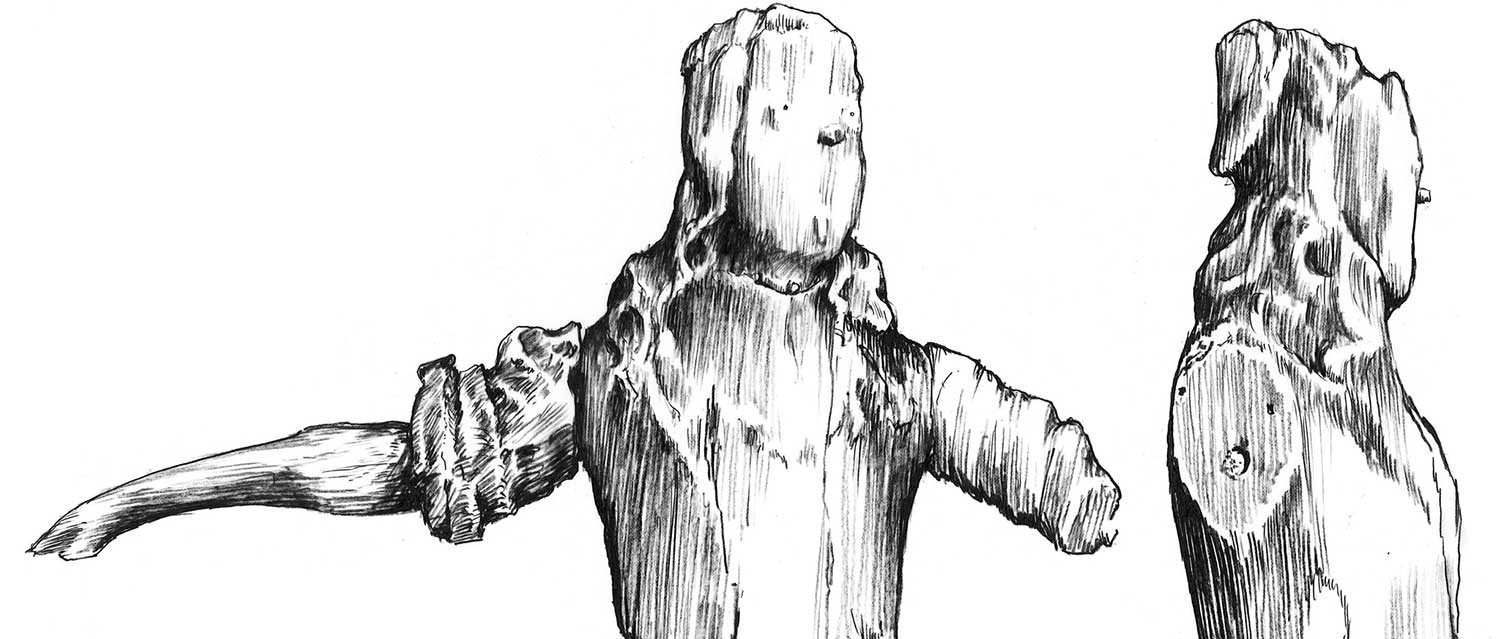The Swedish standing navy relied to a high degree on foreign knowledge and competence. The well-preserved shipwrecks thus represent technical and architectonical influences from various corners of Europe. This makes the archaeology of Swedish warships – such as in this subproject – unique.
Early modern naval architecture developed fast, and different navies established their own technologies, methods of construction and architectural style. By looking at a ship, a trained eye could detect if its naval architect worked in a Dutch, English or French manner.
This subproject studies material remains as well as historical sources, ship images and models. Styles and techniques of shipbuilding are used as a starting point to examine the circulation of practical and theoretical knowledge of shipbuilding.
This subproject is a part of the research programmes historical and archaeological module.
The subproject will result in a major monograph: The History of Swedish Naval Architecture 1450–1850, along with several more in-depth case studies.
Publications within the subproject
Björk, M. & Eriksson, N. 2024, Marinarkeologisk undersökning och dokumentation av skeppsvraket Constantia: RAÄ Torhamn 96 (L1978:1899), Blekinge museums rapportserie 2024;2
Daly, A., Eriksson, N. Hansson, J., 2023, Neptunus and To Løver: An archaeological, archival and dendrochronological survey of two Danish prize ships, scuttled in the Stockholm Archipelago 1659, Acta Archaeologica, 94:1, s. 176-188
Eriksson, N., Brorsson, T., Daly, A., Hansson, J., Isaksson, S., 2024. The Maderö Wreck: a ship from Lübeck loaded with bricks sunk in the Stockholm in the late 15th century, International Journal of Nautical Archaeology
Eriksson, N. 2023,Recent advancements in The Riddarholmen Ship puzzle: A new interpretation of the architecture of an early 16th century clinker-built gun-carrying warship, International Journal of Nautical Archaeology, 52:2, 317-335
Name of the Subproject
The History of Swedish Naval Architecture 1450-1850 and Circulation of Knowledge.

